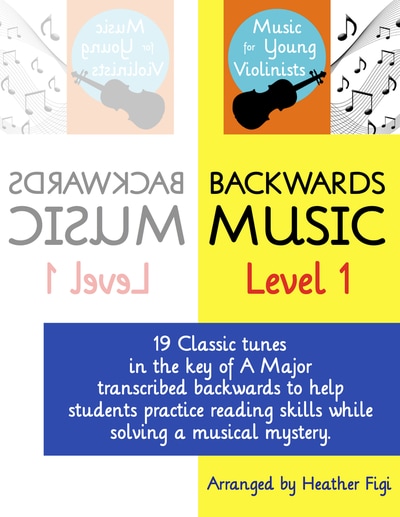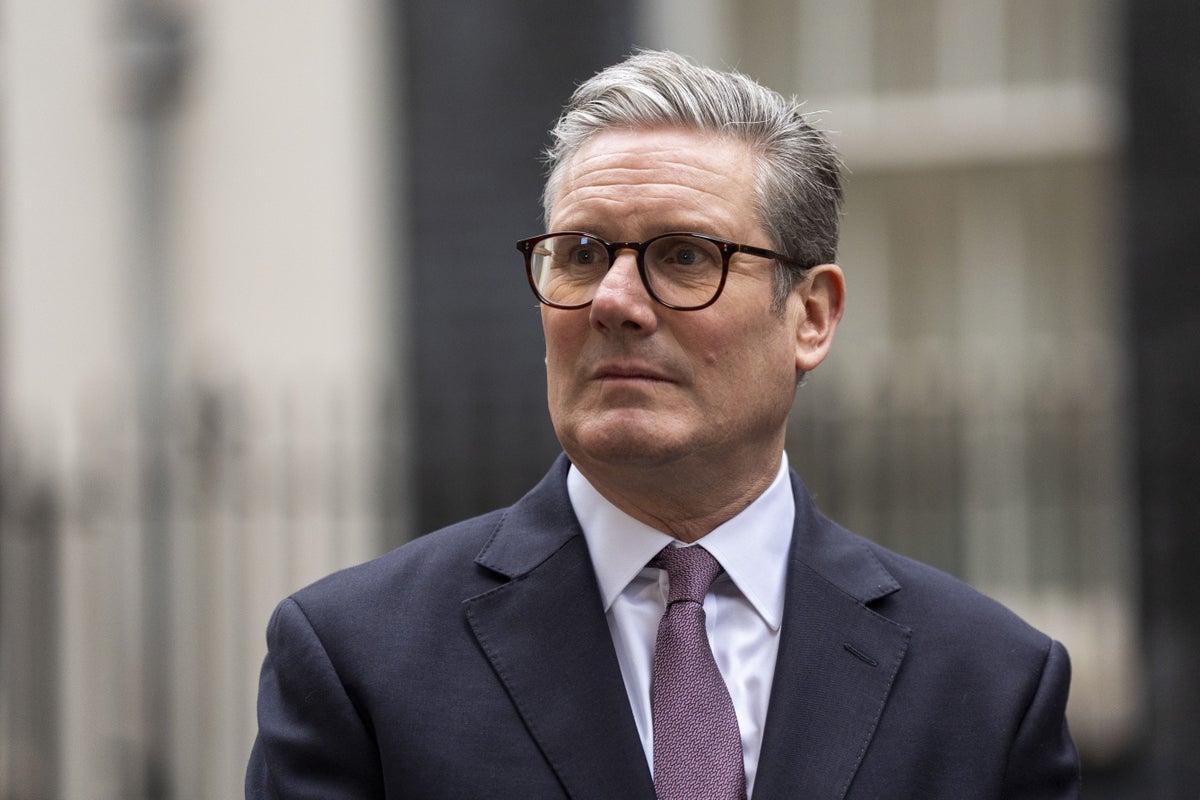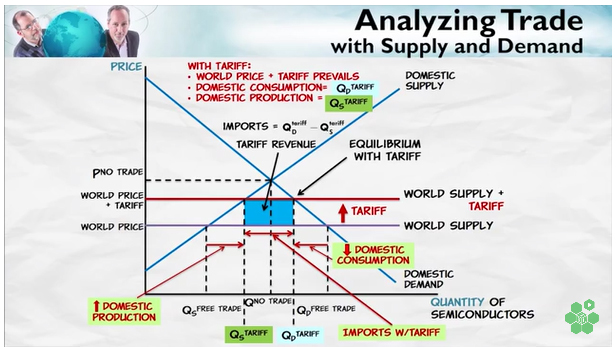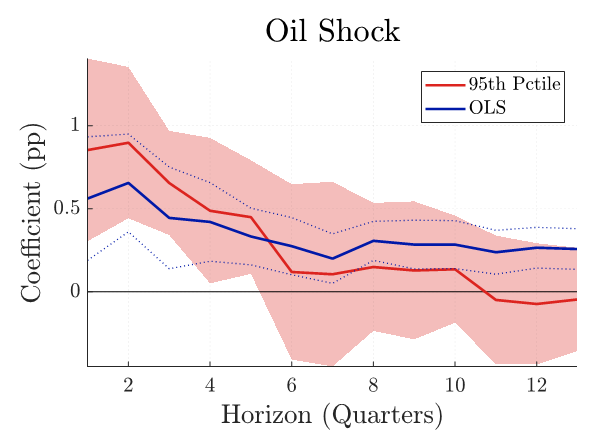Rethinking School Suspensions: Focusing On Positive Alternatives

Table of Contents
Every year, millions of students are suspended from school, a practice with far-reaching consequences that extend beyond the immediate punishment. Studies show that school suspensions are strongly linked to increased dropout rates and involvement in the juvenile justice system, ultimately hindering a student's future success. This article advocates for rethinking school suspensions and explores positive alternatives that foster a supportive learning environment and promote student well-being. We will examine the detrimental effects of traditional suspension practices and propose effective strategies to replace them with positive disciplinary approaches.
H2: The Detrimental Effects of School Suspensions
The consequences of school suspensions are multifaceted and significantly impact students' lives. Moving away from simply suspending students requires understanding the profound negative impact of this common disciplinary approach.
H3: Academic Impact: Suspensions disrupt a student's education, creating a ripple effect that can significantly hinder their academic progress. The missed classes and disrupted learning environment make it difficult for students to catch up, leading to a decline in grades and an increased risk of dropping out.
- Increased absences: Suspensions directly contribute to increased absences, leading to gaps in learning and a cumulative loss of knowledge.
- Missed coursework: Students miss crucial lessons, assignments, and tests, making it challenging to understand the material and keep up with their peers.
- Difficulty catching up: The missed learning often makes it challenging for suspended students to catch up, creating a cycle of academic struggle.
- Negative impact on GPA: Consistent suspensions inevitably lower a student's GPA, potentially affecting their future educational and career opportunities. This is a significant consequence of school suspension, often overlooked. This ties into the broader issue of school suspension consequences and the academic repercussions of suspension.
H3: Social and Emotional Impact: Beyond the academic repercussions, school suspensions have a profound negative impact on students’ social and emotional well-being. The isolation and stigma associated with suspension can lead to emotional distress and increased behavioral problems.
- Feelings of shame and failure: Suspension can create feelings of shame, isolation, and failure, impacting a student's self-esteem and confidence.
- Strained relationships with peers and teachers: Suspension can damage relationships with peers and teachers, creating a sense of disconnect and alienation within the school community.
- Increased risk of delinquency: Studies show a correlation between suspension and increased risk of delinquency and involvement in negative behaviors. This is a key point to consider regarding the emotional impact of suspension and the social consequences of school suspension.
H3: The School-to-Prison Pipeline: School suspensions disproportionately affect marginalized students, contributing to the alarming school-to-prison pipeline. This cycle of suspension, criminalization, and incarceration particularly impacts students of color and those from low-income backgrounds.
- Racial disparities in suspension rates: Data consistently reveals significant racial disparities in suspension rates, highlighting systemic bias within school disciplinary practices. Addressing school suspension disparities is crucial.
- The link between suspension and juvenile justice involvement: Suspensions can escalate into contact with the juvenile justice system, creating a dangerous pathway from school to prison. This necessitates considering the broader context of disciplinary inequities.
H2: Positive Alternatives to Suspension
Instead of relying on suspensions, schools can adopt positive disciplinary approaches that address the root causes of misbehavior while fostering a supportive and inclusive learning environment.
H3: Restorative Justice Practices: Restorative justice focuses on repairing harm caused by misbehavior through dialogue and community involvement. It emphasizes accountability, understanding, and reconciliation.
- Circle meetings: These meetings provide a space for students, teachers, and administrators to discuss the impact of behavior and collaboratively develop solutions.
- Conflict resolution programs: These programs equip students with the skills to resolve conflicts peacefully and respectfully.
- Restorative conferences: These conferences bring together all parties involved in a conflict to facilitate dialogue, understanding, and a plan for repairing harm. This embodies the concept of restorative justice in schools and represents effective alternative discipline strategies, emphasizing restorative practices.
H3: Positive Behavioral Interventions and Supports (PBIS): PBIS is a proactive framework that focuses on positive reinforcement and teaching students appropriate behaviors. It involves clear expectations, consistent reward systems, and individualized support plans.
- Clearly defined expectations: Clear behavioral expectations are established and consistently communicated to all students.
- Consistent rewards systems: Positive behaviors are consistently acknowledged and rewarded, reinforcing positive actions.
- Teacher training: Teachers receive training in implementing PBIS strategies effectively.
- Individualized support plans: Individualized support plans are developed for students who require additional help to manage their behavior. This addresses PBIS and positive behavior support, showcasing effective behavioral intervention strategies.
H3: Social-Emotional Learning (SEL) Programs: SEL programs aim to equip students with the social and emotional skills necessary for success in school and life. These programs focus on self-regulation, empathy, and conflict resolution.
- Curriculum integration of SEL: SEL is integrated into the school curriculum, providing students with regular opportunities to learn and practice social-emotional skills.
- Mindfulness practices: Mindfulness techniques are incorporated to help students manage stress, emotions, and behavior.
- Conflict resolution workshops: Workshops provide students with structured opportunities to learn and practice conflict resolution skills. This highlights the benefits of social-emotional learning, SEL programs in schools, and emotional regulation strategies.
H3: In-School Suspension Alternatives: Instead of sending students home, in-school suspension alternatives provide structured opportunities for learning and reflection.
- Supervised study halls: Students engage in supervised study time to catch up on missed work.
- Conflict mediation sessions: Students participate in conflict mediation sessions to resolve conflicts constructively.
- Community service projects within the school: Students contribute to the school community through service projects. This exemplifies in-school suspension alternatives and provides alternative disciplinary actions.
3. Conclusion:
Traditional school suspensions have demonstrably negative consequences, harming students academically, socially, and emotionally, and disproportionately affecting marginalized groups. We have explored the detrimental effects of suspensions and the strong link to the school-to-prison pipeline. However, by embracing positive alternatives like restorative justice, PBIS, SEL programs, and in-school suspension options, schools can create safer, more supportive learning environments. These strategies empower students, address the root causes of misbehavior, and promote positive behavior change. Let's rethink school suspensions and embrace positive alternatives to create safer, more supportive learning environments for all students. The time to act and find better ways to support our students is now. Let's champion positive disciplinary approaches and work together to build thriving school communities where every student can succeed.

Featured Posts
-
 Backwards Music In Fortnite Players React Negatively To The Change
May 03, 2025
Backwards Music In Fortnite Players React Negatively To The Change
May 03, 2025 -
 Offshore Winds High Price Tag A Barrier To Future Development
May 03, 2025
Offshore Winds High Price Tag A Barrier To Future Development
May 03, 2025 -
 South Carolina Voters Trust Elections 93 Positive Response In New Poll
May 03, 2025
South Carolina Voters Trust Elections 93 Positive Response In New Poll
May 03, 2025 -
 Dutch Energy Experiment Reduced Tariffs During Solar Production
May 03, 2025
Dutch Energy Experiment Reduced Tariffs During Solar Production
May 03, 2025 -
 Daur Ulang Cangkang Telur Cara Kreatif Untuk Mendukung Pertanian Berkelanjutan
May 03, 2025
Daur Ulang Cangkang Telur Cara Kreatif Untuk Mendukung Pertanian Berkelanjutan
May 03, 2025
Latest Posts
-
 Soaring Fuel Costs The Airline Industrys Response To Oil Supply Shocks
May 04, 2025
Soaring Fuel Costs The Airline Industrys Response To Oil Supply Shocks
May 04, 2025 -
 45 Vuelta Ciclista A La Region De Murcia El Suizo Christen Se Lleva El Triunfo
May 04, 2025
45 Vuelta Ciclista A La Region De Murcia El Suizo Christen Se Lleva El Triunfo
May 04, 2025 -
 Airlines Face Headwinds Navigating The Impact Of Oil Supply Disruptions
May 04, 2025
Airlines Face Headwinds Navigating The Impact Of Oil Supply Disruptions
May 04, 2025 -
 Vuelta Ciclista A Murcia Victoria De Fabio Christen
May 04, 2025
Vuelta Ciclista A Murcia Victoria De Fabio Christen
May 04, 2025 -
 Fabio Christen Campeon De La 45 Vuelta Ciclista A La Region De Murcia
May 04, 2025
Fabio Christen Campeon De La 45 Vuelta Ciclista A La Region De Murcia
May 04, 2025
